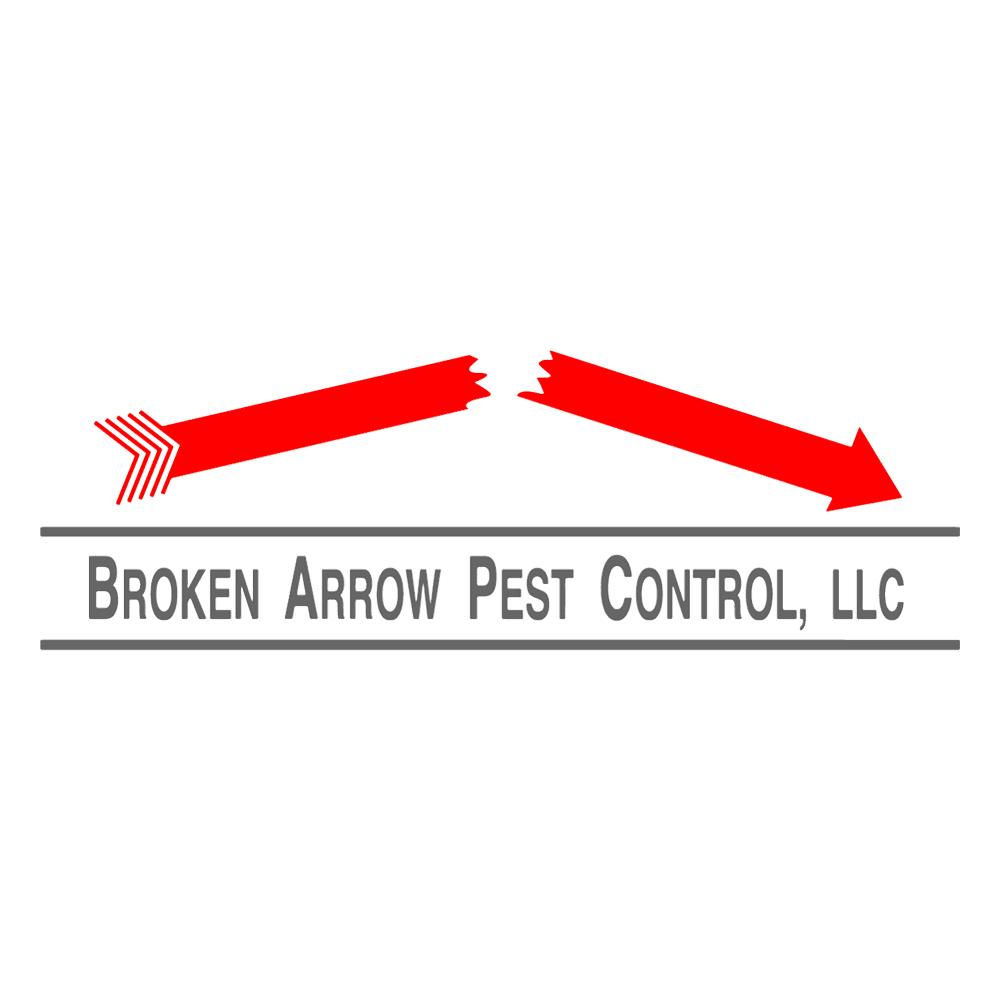Using Pest Control Products To Keep Insects Out Of Your HomeUsing Pest Control Products …
However, there are a few things to keep in mind before you use any of these products.
Chemicals
During the industrial revolution, chemicals for pest control were developed. They are now widely used and sold around the world. They have helped agriculture increase productivity in the last century. However, they can also pose legal problems and health concerns.
Chemicals for pest control are used to kill a wide range of pests, including insects, spiders, rodents, and mollusks. However, they can be acutely or chronically toxic to humans and non-target organisms. They can also contaminate surface water and ground water, and air. In addition, they can cause cancer and other health problems.
These chemicals are made by mixing inert particles with a solution of organic solvent. They are dispersed through the air or applied to the soil. These forms of chemicals can be applied by fogging machines or in spray cans.
Physical controls
Using controls for pest control is a great way to suppress existing pest populations. It also helps prevent new ones. This means you can do away with pests without exposing yourself to potentially harmful chemicals.
Physical controls are a variety of methods that can include setting up barriers, traps, and spraying. These methods are often used in combination with other types of control.
For example, neem oil, a natural extract from the neem tree, can be used to control local pest control many insect pests. The oil can be used as a spray or as a medicinal oil. It has many uses, including combating fungal diseases.
Another multi-faceted agent is food grade diatomaceous earth. It can be used to control parasites in livestock. It can also be used to increase porosity in potted plants. It is also effective at keeping slugs and worms off of your plants.
Biological controls
Biological pest control is an alternative pest management approach that is based on the use of living organisms. These organisms are non-toxic and environmentally safe. They may be used for a variety of purposes, including control of plant pathogens, weeds, and insects.These agents are often considered to 77351 be more effective against pests that have already reached a damaging level.
Biological control is usually implemented on a periodic basis. These agents are released in large numbers to suppress the population of the pest.
Biological control 936-327-7484 is a complex and time consuming strategy.However, it has United States of America been proven to work against invasive pests. It is also a more sustainable approach to pest control. A good biological control program will reduce the use of toxic pesticides, conserve valuable beneficial organisms, and increase profitability.
Effects of weather on pests
Agricultural pests can be affected by weather in several ways. Some of these include increased temperature, decreased precipitation, and changes in precipitation patterns. This is important because pests are often a constraint on agricultural production.
Insects are highly adaptable organisms. As a result, their responses to climate change are largely dependent on the specific causes of the change. Climate warming could increase the population size of some pest species, while others could be pushed beyond their critical thermal limits. However, there are a number of key factors that determine whether a pest will be able to survive and thrive.
The most important environmental factor affecting insect population dynamics is temperature. Temperature can change gender ratios, affect reproduction rates, and affect pests’ relationships with the environment. It can also affect the abundance and distribution of host trees
Company Facebook

